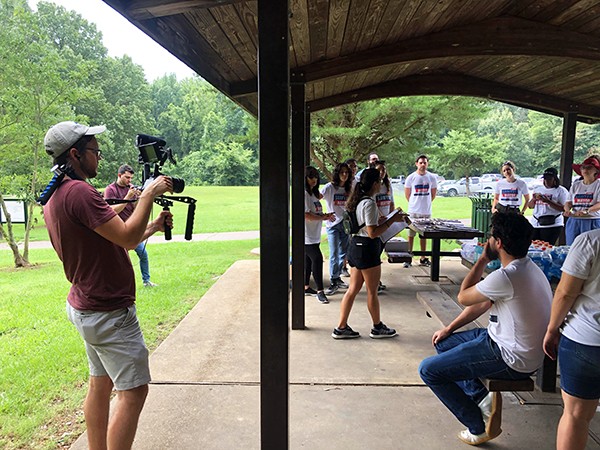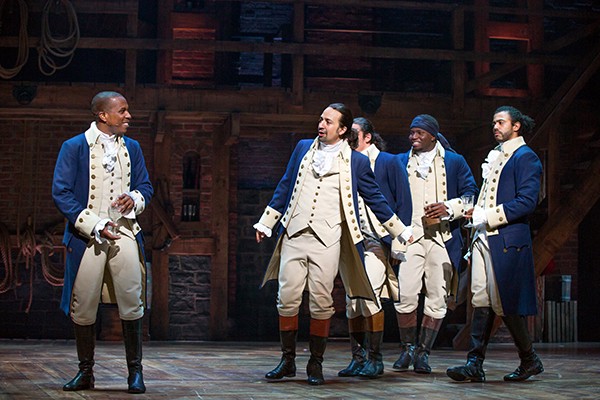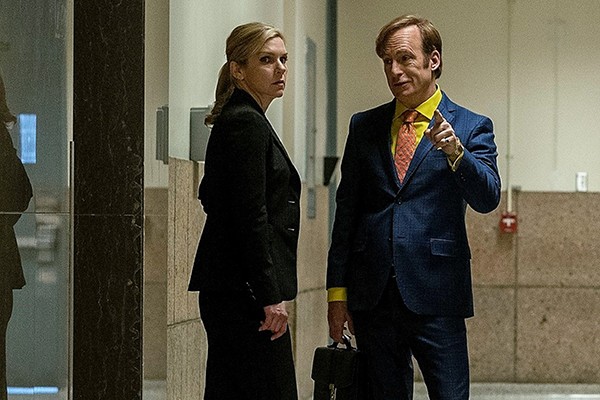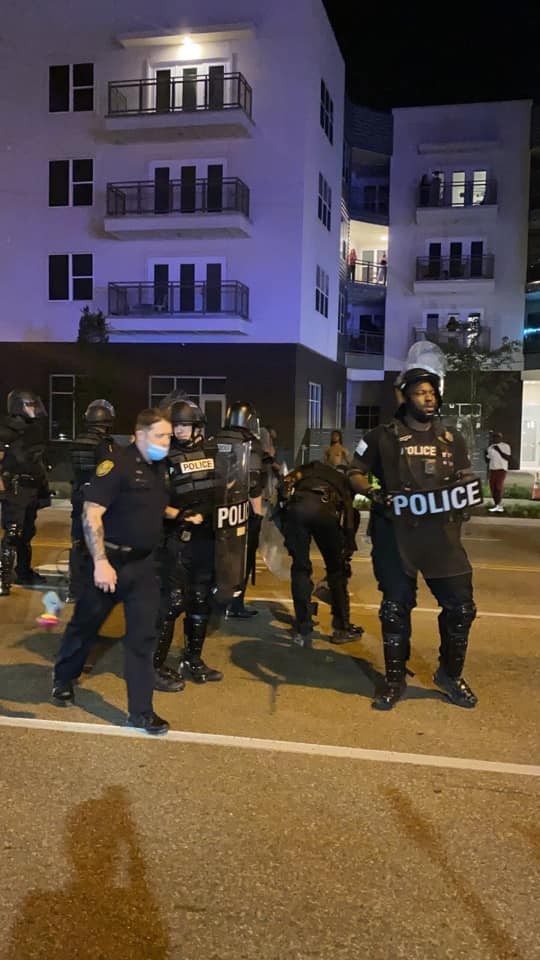In what amounted to their last public meeting of the expiring fiscal year, the 13 members of the Shelby County Commission resolved several pending issues, more or less clearing the boards for the year to come.
The Commission overwhelmingly endorsed County Mayor Lee Harris’ nomination of Dr. Michelle Taylor to be the new director of the Shelby County Health Department. The vote was 13-0, unanimous, and it included even Republican Commissioner Mark Billingsley, who had questioned the appointment in committee last week and raised doubts about it in a widely circulated email.
Billingsley made a point of apologizing to Taylor before casting his vote on Monday, attributing his former concerns to a feeling that he had been “misled” by Harris. He did not elaborate further. Taylor’s persona and credentials had been extolled by several audience members before the vote, and a sizeable number of attendees were on hand to root for her approval. The mayor had made a spirited speech in her favor in the Commission lobby before the vote.
Early in the meeting, county health officer Dr. Bruce Randolph had offered the Commission some new statistics indicating part of the challenges facing Taylor. As Randolph noted, only 35 percent of Memphis residents are vaccinated, and the rate of new cases, almost all involving the Delta variant, has jumped sixfold in the last month.
The Commission followed its ringing endorsement of Taylor by choosing a new General Sessions judge to replace the retiring John Donald. Danielle Mitchell Sims was selected from a group including Carlos Bibbs, James Jones, Cedrick Wooten, and William Larsha Jr.
Later on, the Commissioners elected Willie Brooks Jr. as new chair of the Commission in fiscal 2021-22, with Michael Whaley to serve as vice chair. A tradition of sorts was dispensed with, as both the new leaders are Democrats. With some deviations over the years, the Commission had adhered to a formula of alternating the party affiliation of chairs, with the vice chair being a member of the other party from the chair.
The Commission now contains eight Democrats and five Republicans, and outgoing Republican Vice Chair Brandon Morrison’s chances were dimmed for either of next year’s positions when her fellow Republicans cold-shouldered her — payback for her win for vice chair last year with Democratic votes against fellow Republican Amber Mills.
An important bit of old business was cleared out, as the Commission roundly defeated by a vote of 8 to 2 the latest of several requests from the Shelby County Election Commission to purchase $4 million of new ballot-marking voting machines from the ESS Corporation. Election Commission Chair Brent Taylor and Election Administrator Linda Phillips were on hand to plead for the Commission’s support.
The Commission, though, has the responsibility for purchasing new voting machines, and a Commission majority has consistently voted its preference for paper-ballot devices, for reasons of both transparency and expenses. The two bodies have been at an impasse for at least a year on the matter — “Your power versus our power,” said County Commissioner Eddie Jones — and the Commission, by an 8 to 2 vote with one abstention, voted late in the meeting to put out its own RFP (request for proposal) for the paper-ballot devices it favors.
Two more pending issues of more recent vintage were dealt with on Monday. The Commission approved a procedure to process by the target date of September 15th bonuses that it had authorized for county employees in the most recent county budget — $5,000 for full-timers and $1,600 for temporaries. And the body approved a new ethics advisory panel for itself, to be constituted by members of the greater community.
The Commission’s newly formed Black Caucus held a brainstorming session in advance of the regular Commission meeting and emerged, under the guidance of caucus Chair Tami Sawyer, with a commitment to focus on economic and health issues. Caucus members also heard a report on environmental hazards in the city’s underserved neighborhoods and agreed to sponsor a blood drive for victims of sickle cell anemia.
















 Facebook/Tami Sawyer
Facebook/Tami Sawyer  Jackson Baker
Jackson Baker  Jackson Baker
Jackson Baker  Jackson Baker
Jackson Baker